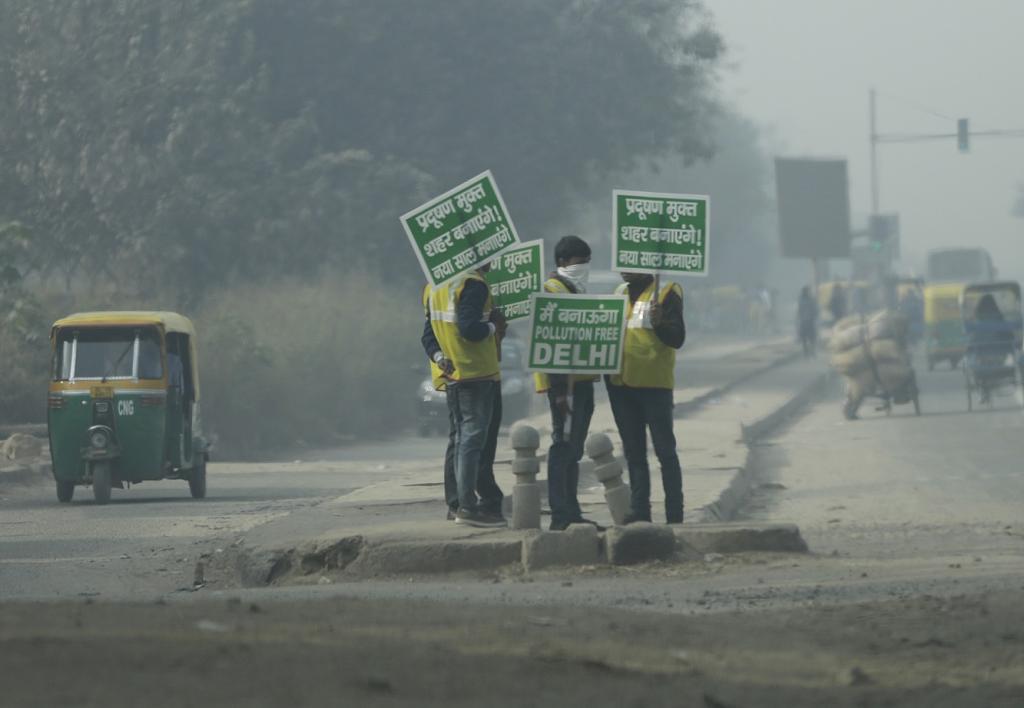Airports in India will have robots to assist flyers. In a nation in which unemployment is a great issue, will restless mechanisation lead to inequality?
Nutan Upadhyay is an educationist, working with tribal community of Jharkhand.
The nation is fast moving towards a restless attempt of digitalisation. The irony of the, matter is that while bass infrastructural mechanisms like access to education, healthcare, employment and basic standard of life are pending to be ensured , the nation-state chooses to put the entire stress on digitalization.

This has led to the shrinking of the job market as fewer people are required in companies, industries, organisations and firms. The replacement of human labour by machinery has reduced the access to employment options
Labour Bureau statistics reveal that India is the country with the highest unemployment statistics. Self-employment opportunities are declining in the country and jobs are becoming fewer. Economic development in India is leading to growing inequality.
Economic inclusiveness can only take place when jobs are ensured for the large section of the masses where unemployment has become a great issue. One third of the Indian population lives under the poverty line. India slipped to the 100th position on the global Hunger index behind Bangladesh and Nepal. India is the second largest country in the world and 65% of its population is below the age of 35 year.

Because of unemployment the nation is incapable of cultivating the strength. In a nation in which unemployment is a major issue it is paradoxical that sectors that provided jobs before are opting for digitalisation instead of utilising human capital.
It has been planned that in in airports like the Indira Gandhi National Airport, New Delhi a robot will be assisting flyers with flight details, weather conditions, dining options and making children enjoy.
A Tata-Singapore joint venture airline, Vistara, had announced that it had made a robot called RADA through Artificial Intelligence technology. It will answer your queries of passengers after scanning boarding passes. It would greet customers and interact through hand movements and will move around on predefined pathways.

In a country like India where people are unemployment in great quantities and search for work, the utilisation of robots in works where a person could have been given work seems non-negotiable.
In nations where there is insufficient population, the assistance of robots is logical but in a nation like ours it is unethical. The kind of engagement that nation-states have with technology has to be negotiated in terms of the issue that the nation experiences. Unemployment is a critical concern that needs to be addressed immediately. Expanded privatisation and the shrinkage of jobs have to be addressed immediately.
***














